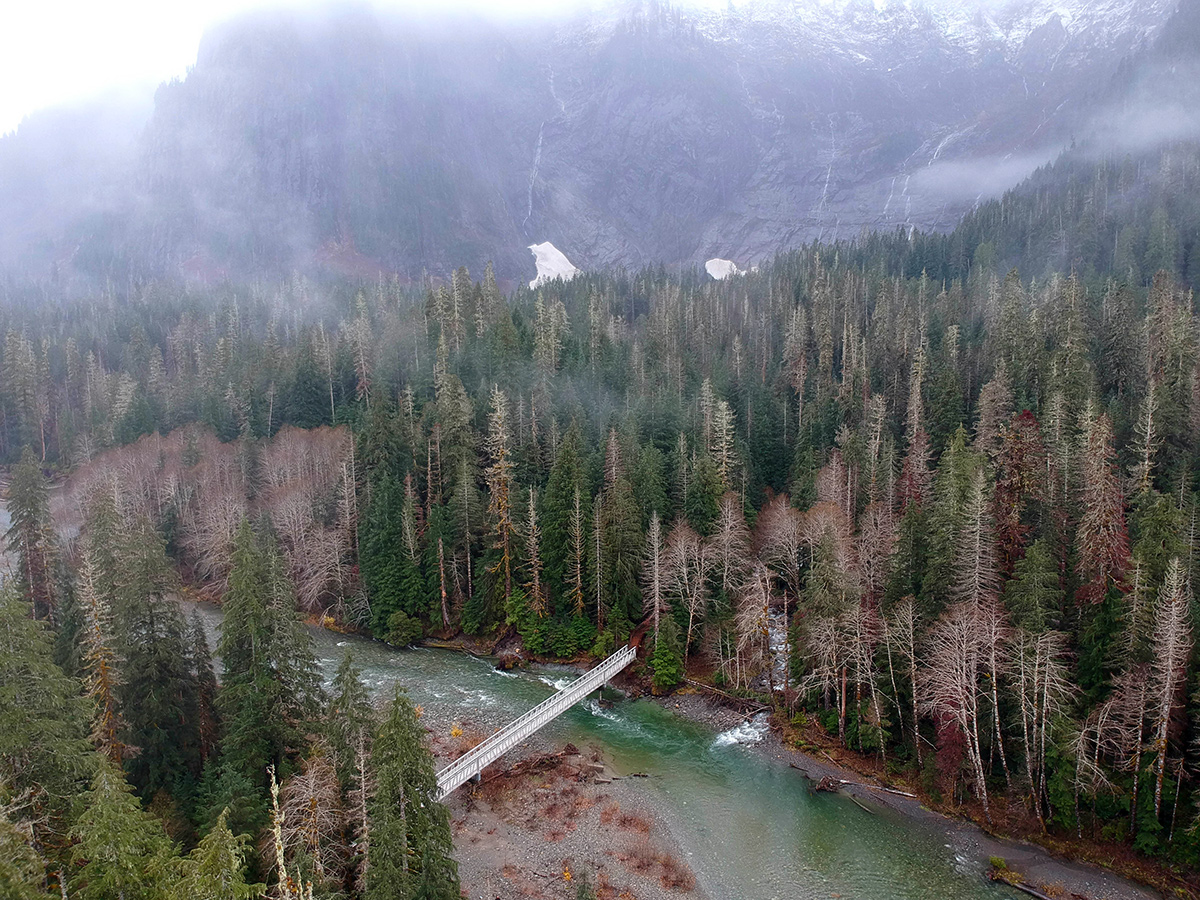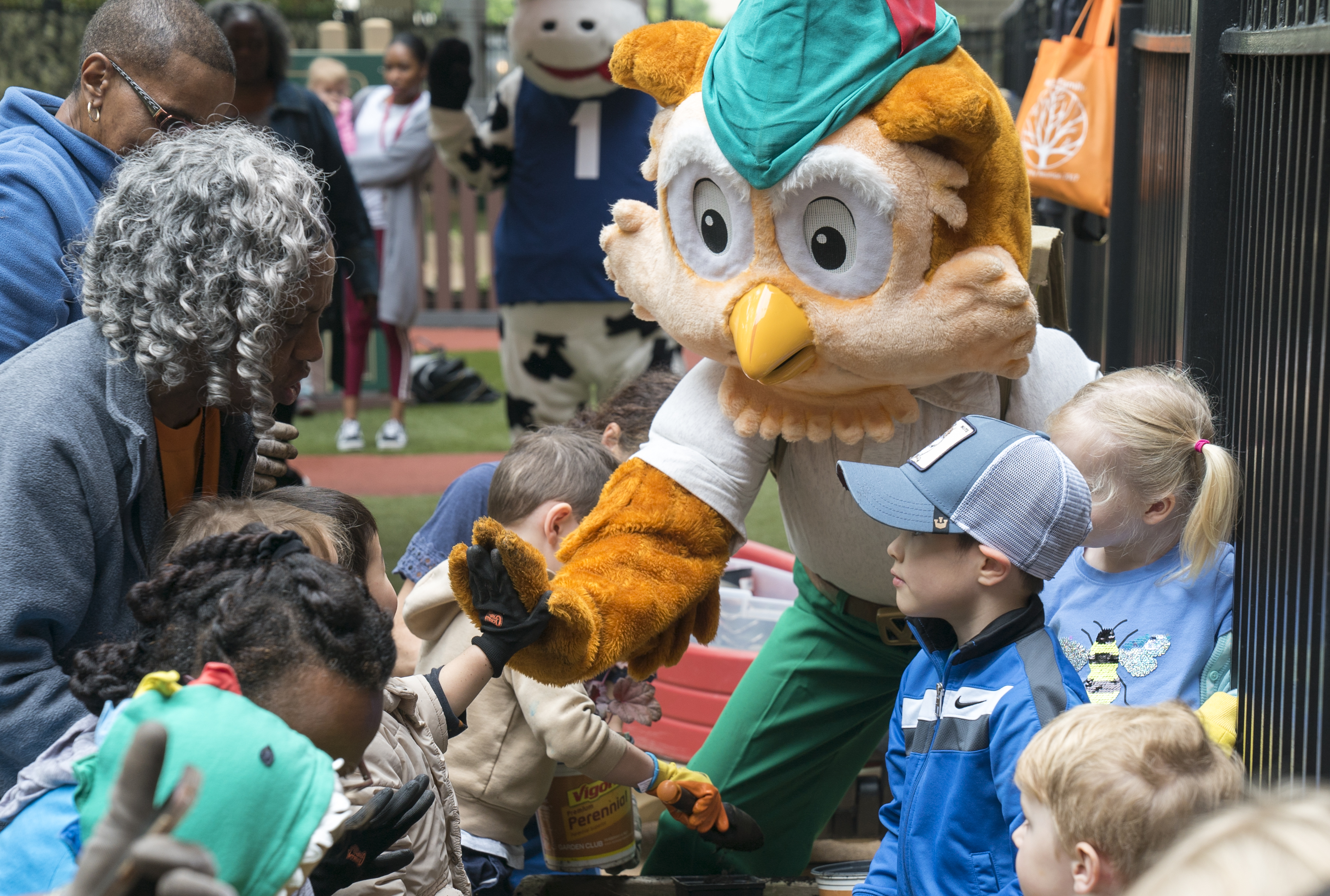
For many seasoned campers, camping protocols and best practices are second nature. From preparing food in a fire ring to safely emitting waste, veteran campers ensure a safe environment for humans while respecting the home and habitat of neighboring wildlife. Though many are as conditioned as a Pavlov pup, it takes the right resources being available to avoid an unexpected visit from a forest Baloo.
Thanks to the Great American Outdoors Act, the Stanislaus Forest now has the right resources to help campers and any wandering bears from an accidental encounter.
“We’re sandwiched between Lake Tahoe and Yosemite National Park. Both have a huge number of yearly visitors, who are used to having bear boxes or food lockers at campsites to store their food, ice chests and toiletries,” said Casey Jardine, public services staff officer on the Stanislaus National Forest. “So, when folks showed up at our campsites and we didn’t have the bear boxes, they just didn’t know what to do.”
The Stanislaus’ Big Meadow Campground is along the California State Route 4 corridor and part of the Calaveras Ranger District. Just 23 miles south of the iconic Ebbitt’s Pass, the campground plays host to a regular influx of visitors from all over the world with varying degrees of outdoor experience.

The area is regularly visited by black bears, which means the lack of food lockers at the campground previously resulted in increased bear encounters and significant damage caused by food-hungry bears.
“People’s cars were getting broken into. Coolers were destroyed. It wasn’t a good situation at all,” Jardine said. “Add to that the dangers caused to the bears who become habituated to eating human food and then teach that practice to their young. Together, it creates an unfair and untenable situation.”
To remedy the growing problem, the Stanislaus leveraged Great American Outdoors Act funding to install food boxes and other upgrades to the campsite. This 2020 legislation provides funding to improve outdoor recreation and contribute to economic growth and job creation (PDF, 245 KB) in rural America.
In addition to 35 new food boxes placed at Big Meadow, the funding enabled the Forest Service to tackle other improvements to the campground, such as new picnic tables that can withstand the heavy Sierra Nevada snowfalls.
“All of these improvements were very much needed and will greatly enhance our campers’ experience – especially the accessibility upgrades we made,” Jardine said. “This creates a situation where bears do not continue to be conditioned to eating human food. They're less likely to visit this campsite, and that keeps everyone safer.”
Campers also play a critical role in their preparation.
“When you prep for your camping trip, leave all the plastic and cardboard packaging at home, this will make your waste smaller,” Jardine said. “When the dumpsters are full, we ask that you take your trash home. And remember: the food lockers are for food when you are there, not for trash when you leave.”





